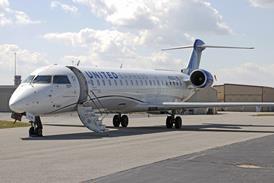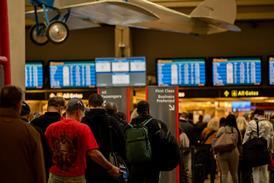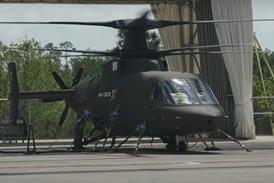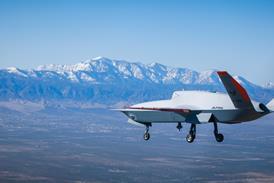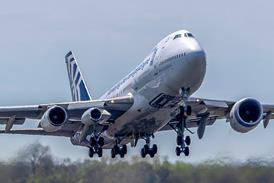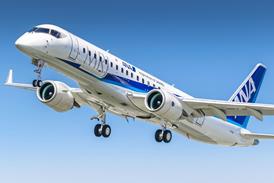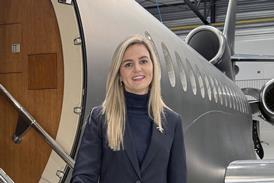Regulatory issues need to be resolved, says joint venture
Legal hurdles thrown up by national telecommunications regulations will prevent the launch of mobile telephony on board airliners for at least another year, says service provider OnAir.
The Sita/Airbus joint venture warns that despite rapidly maturing technology, key regulatory issues are yet to be resolved and plans by rival providers to launch services this year could prove optimistic.
Geneva-based OnAir is conducting a series of tests over the summer of its on-board cellular telephone transmitter, its ground signal jamming devices and handset compatibility and aims to start its certification effort by the end of the year. The rival Arinc and Telenor-led AeroMobile system is being showcased on a 60-day world tour inside a Boeing 777-200LR cabin and Arinc is aiming at year-end entry into service. But OnAir believes its timeframe is more realistic because telecoms regulation remains in the hands of national governments and uncertainties remain over how transborder flights will be handled.
OnAir is lobbying telecoms regulators in Asia, Europe, the Middle East and North America to obtain licences to use cellular networks, a process that could take several months to complete, pushing first services into the middle of next year, says OnAir chief executive George Cooper.
OnAir has letters of intent with at least two airlines, one in Europe and one Asian carrier, and has made launching services in Europe its first priority. “Europe is relatively easy because you have one standard, GSM [global system for mobile communications] and the countries have a dialogue,” says Andrew Charlton, head of regulatory affairs at OnAir. Technical and political issues render agreements harder to reach in Asia and North America, he adds.
On-board mobile telephone systems use a low-power base station in the cabin, which relays signals via satellite to service providers in the country over which the aircraft is flying. OnAir is working with the European Conference of Postal and Telecommunications Administrations (CEPT) to persuade countries to shift from existing country-of-service regulation to a system where the country in which the aircraft is registered regulates all calls made during a flight.
The CEPT has drawn up a framework with reciprocal agreements between countries, which could result in a decision by the end of the year. Even this will still require OnAir and AeroMobile to negotiate GSM licences or exemptions from each territory overflown.
JUSTIN WASTNAGE/LONDON
Source: Flight International

